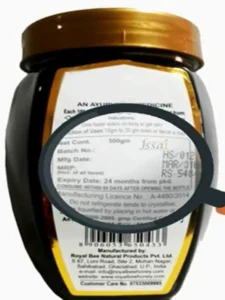
In a significant legal development, the Delhi High Court has issued a restraining order against Zydus Lifesciences, preventing it from manufacturing or selling its biosimilar version of Nivolumab, a patented cancer drug originally developed by Bristol-Myers Squibb (BMS).
The interim injunction comes as part of a patent infringement lawsuit filed by BMS and Ono Pharmaceutical. The plaintiffs argued that Zydus’ experimental drug mimicked the biological structure of Nivolumab, marketed globally under the name Opdivo, and was likely to infringe their existing intellectual property rights.
Court’s View on Patent Violation
Justice Sanjeev Narula, who presided over the case, stated that BMS holds valid and enforceable patent rights over the compound and its therapeutic use. The court acknowledged that Zydus had initiated steps to launch its biosimilar without completing necessary legal clearances or providing advance notice, which violated the procedural safeguards under the Patent Act.
The court emphasized that innovation in pharmaceutical sciences, especially concerning biologics, must be protected. The patent system, it said, is designed to reward original inventors by granting them exclusivity for a specified period. Bypassing these protections could discourage future research and development.
What Are Biologics and Biosimilars?
Biologics like Nivolumab are complex proteins developed from living cells and are used to treat serious diseases such as cancer. Biosimilars, while not identical, are intended to be highly similar in function. Because of their complexity, any copy requires rigorous clinical trials and regulatory approval.
The court made it clear that even the production of samples for regulatory approval does not exempt a company from liability under Section 48 of the Indian Patents Act, which prohibits unauthorized use or manufacture.
Zydus’ Stand and the Way Ahead
Zydus has argued that its research was still in the preliminary stages and aimed at conducting clinical trials. However, the court held that BMS’s patent rights outweigh the commercial interests of a biosimilar in the current stage.
This ruling is likely to have wider implications for India’s pharmaceutical industry, especially concerning the manufacturing of biosimilars. It reiterates the need for strict adherence to patent laws, particularly in high-stakes sectors like oncology.
The matter will be heard next in August 2025, where the court will assess whether the injunction should continue till the trial concludes.
![]()



